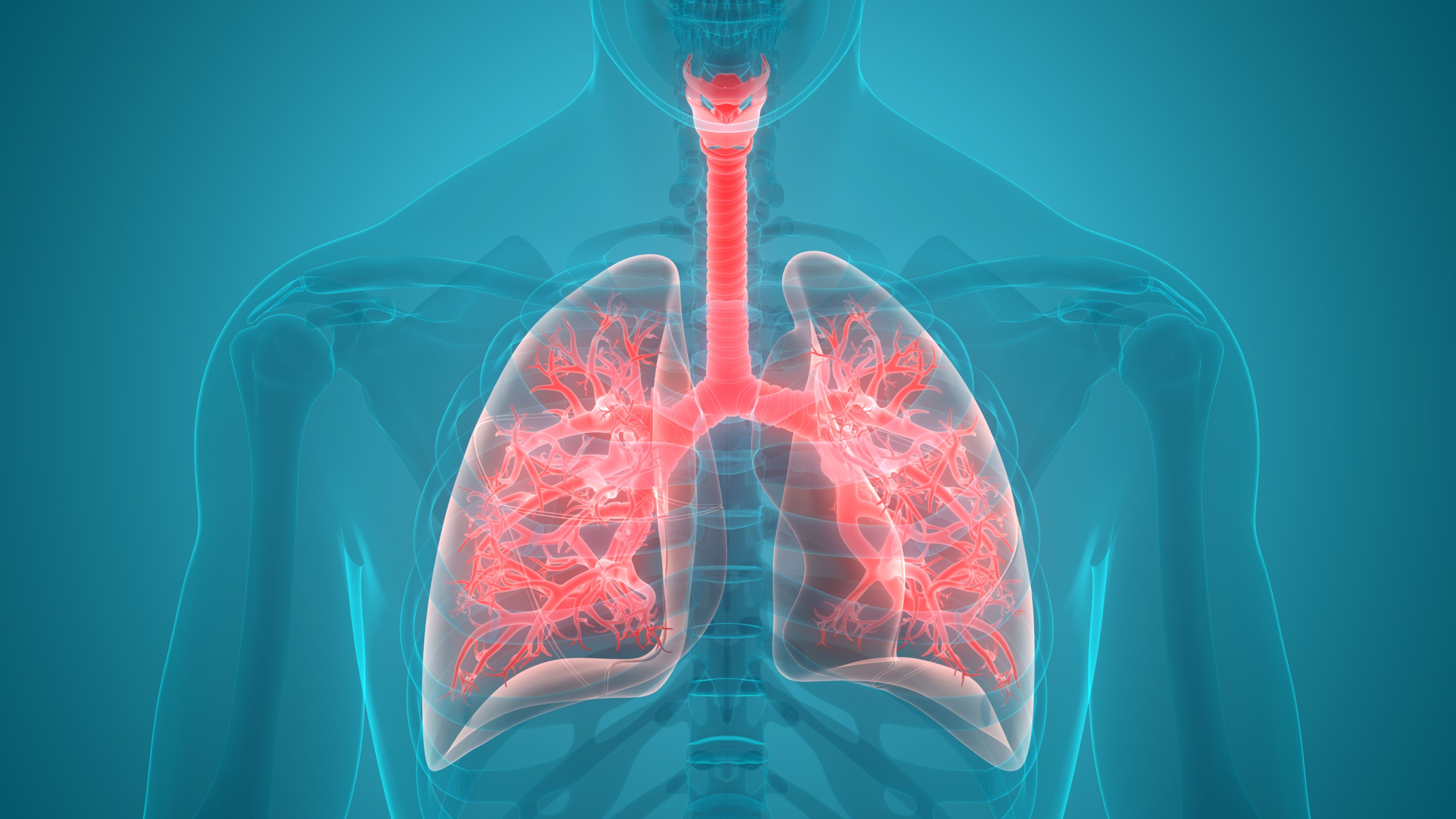Key Takeaways
- The study revealed that 12% of hospitalized patients treated for CAP actually had something else.
- Misdiagnosis can delay proper treatment for the real illness and lead to unnecessary antibiotic use, potentially causing antibiotic resistance.
- The inappropriate diagnosis was more common in patients 75 years or older, those with dementia or altered mental status, and those with limited mobility.







